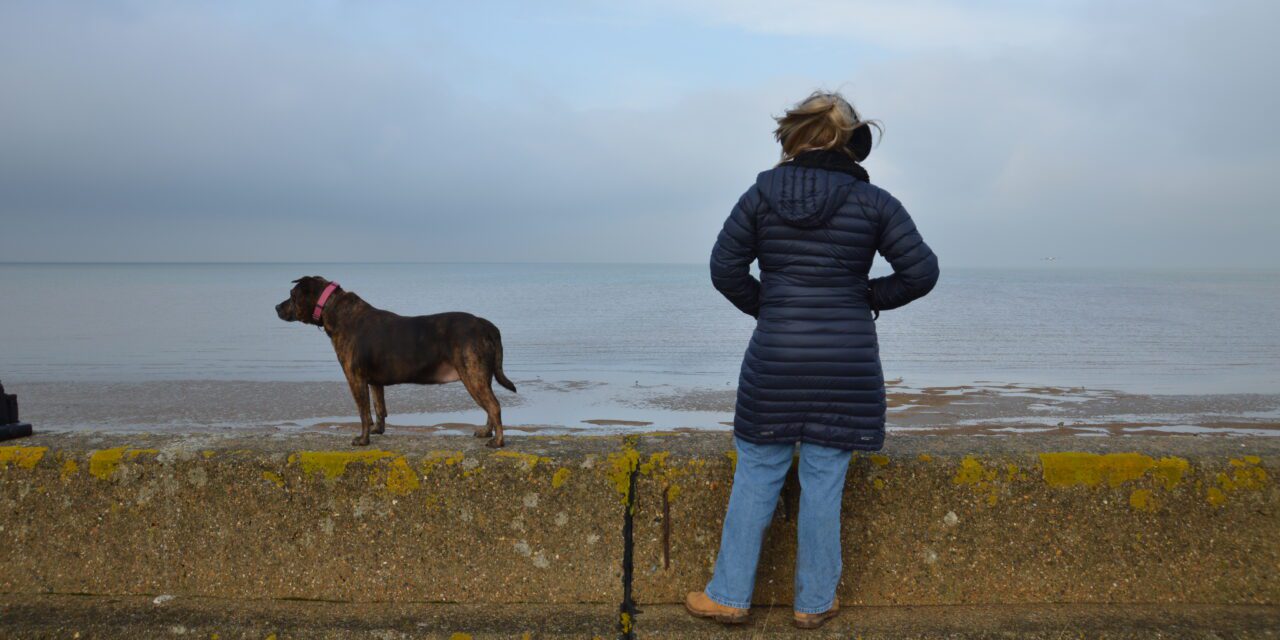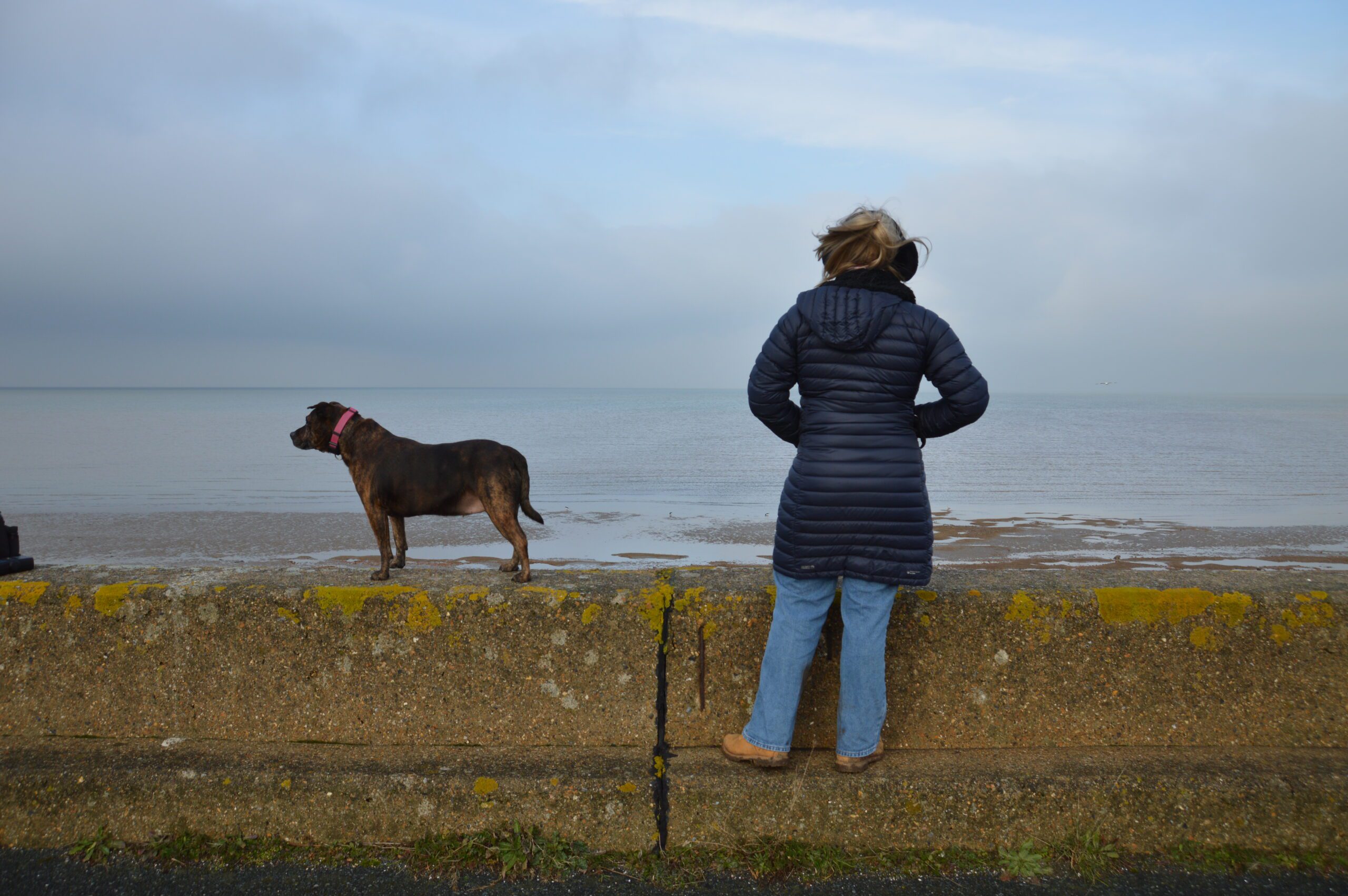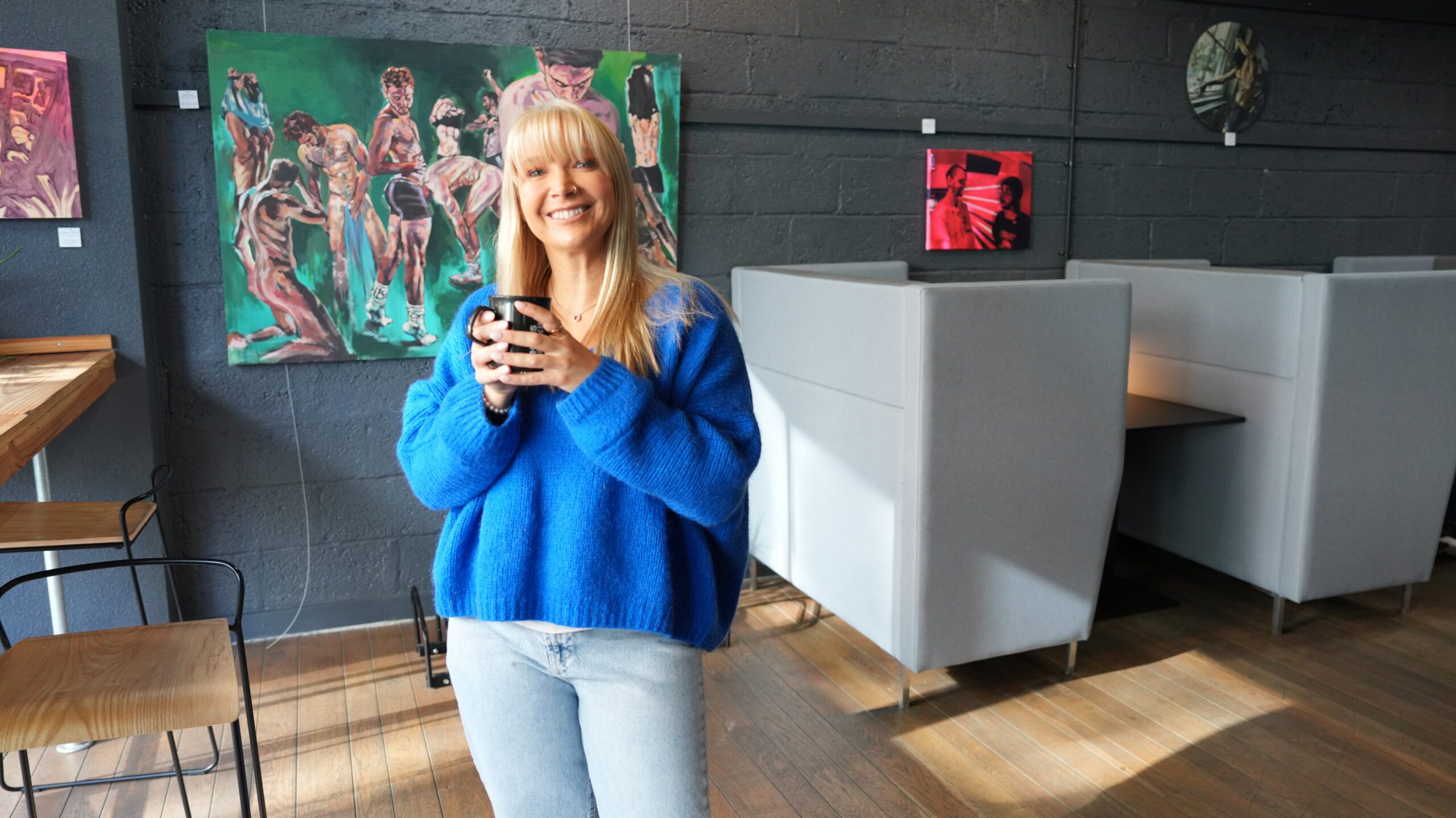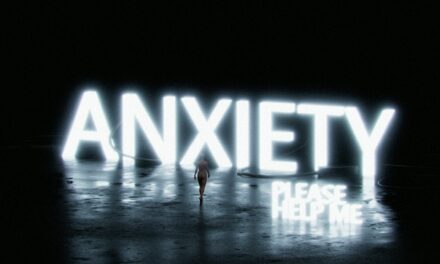Finding Light in Winter’s Embrace: Coping Strategies for the Winter Blues
When the days feel shorter, darker, and heavier, it’s time to find gentle purpose.
Ways to Cultivate Purpose This Winter
Embrace the Season with Simple Acts of Joy
When the clocks go back, everything feels a little slower
The evenings draw in, mornings stay darker for longer, and suddenly it feels like our motivation has slipped away with the sunlight.
If you’ve noticed your mood dip, your energy fade, or your anxiety rise, you’re not alone. The change in seasons affects all of us in different ways.
Less daylight impacts our vitamin D, our serotonin, and even our sleep cycles. It’s no surprise that our brains and bodies protest when the world turns grey.
But here’s the truth: you don’t have to just “get through” winter. You can find purpose in it, quietly, gently, and at your own pace.
Finding Balance in Small Steps
Start small, one lamppost at a time
You don’t need to run a marathon or start cold plunging to feel better. Sometimes it’s just walking from one lamppost to the next.
Getting outside, even for ten minutes, gives your body a hit of natural light, oxygen, and movement.
If you really can’t be arsed (and most of us can’t at this time of year), promise yourself one small act.
A short walk, a cup of coffee with a friend, or sitting by the window while the kettle boils, these things count.
Movement doesn’t have to be “exercise”
The word “exercise” can feel loaded, especially if you’ve ever struggled with your body image or eating habits.
So instead, think of movement as a way to lift your mood.
Find something that feels playful instead of punishing, maybe that’s trying the new indoor paddle courts, where you can laugh, move, and connect with friends for an hour.
Or maybe it’s rock climbing, bowling, or swimming.
The goal isn’t fitness, it’s connection and dopamine.
Your brain thrives on novelty and fun, and these small bursts of activity can boost your mood far more than staying under the duvet scrolling through TikTok.
Supporting Your Journey to Recovery
Nourish your body (and your soul)
When it’s dark and cold, food becomes comfort, and that’s not a bad thing.
Comfort food can be grounding, soothing, and even healing when you approach it with care.
Try this: before you head out to work, pop something in the slow cooker or set your oven timer.
When you come home, the smell alone can lift your spirits.
Think stews, soups, roasted vegetables, warm, nourishing meals that feed more than just hunger.
If cooking feels like too much, make it easy: batch cook, buy ready-chopped veg, or invite someone over to cook together.
The key is to remove shame from the table. Eating well doesn’t mean being perfect; it means giving your body the energy it needs to get through the day.
The Healing Power of Connection
Connection is Medicine
It’s tempting to hibernate, to pull the blanket over your head and let the world carry on without you.
But isolation only deepens the winter slump.
Even small doses of social connection matter.
If you’ve got a social event coming up and dread is creeping in, set yourself a time limit:
“I’ll go for two hours, and then I can leave.”
That simple boundary can make the difference between staying home completely and giving yourself a small dose of human connection.
You don’t owe anyone your entire evening, but you do owe yourself the chance to feel part of something.
Navigating Holiday Stress with Grace
The Pressure of Christmas: Safeguarding Your Peace
The festive season can bring joy, but it can also bring stress, comparison, and sensory overload.
Give yourself permission to do less.
You don’t have to please everyone.
It’s okay to say no to things that drain you, and to prioritise rest, safety, and calm over chaos.
Ask yourself:
“What do I actually need this winter?”
It might be slower mornings. It might be saying yes to therapy or reconnecting with your support network. It might be something as simple as a walk around the block after lunch.
Whatever it is, make it yours.
Ways to build purpose this winter
Here are some small, manageable ways to create purpose and light, even on dark days:
➔ Plan one thing each week to look forward to: coffee, film night, walk, or game night.
➔ Get outside in daylight hours whenever possible, even for five minutes at lunch.
➔ Keep a Vitamin D supplement by your kettle so you remember to take it.
➔ Make your home feel cosy, with soft lighting, candles, and warm blankets.
➔ Switch “doom scrolling” for something that fills your cup: journaling, podcasts, slow TV, or just calling a friend.
➔ Book therapy sessions in advance so you’ve got support through the winter months.
Embrace the Winter's Pause
You are not lazy, you’re responding to the season
Winter naturally slows us down. Our bodies crave rest and warmth.
Instead of fighting it, work with it.
Your purpose doesn’t have to look like productivity; it can look like gentleness, community, and compassion.
It can look like doing enough, not doing it all.
A Gentle Reminder
Finding Light in the Darkness
The darker months don’t last forever, even though sometimes it feels like they might.
There’s still light, even if it’s softer and slower.
Keep reaching for it, one lamppost at a time.
Subscribe for Weekly Support
If these insights resonate, you’ll appreciate my weekly emails. I share honest, trauma-informed advice focused on healing, self-worth, and the support we all need. No fluff, just meaningful guidance.
Becky Stone
I’m Becky Stone, a qualified eating disorder therapist based in Canterbury. I work with both teens and adults, offering a calm, non-judgemental space to explore what recovery really means, on your terms. My work is shaped by both professional training and lived experience, helping people rebuild self-trust, reduce shame, and feel more at home in their bodies.
My approach is trauma-informed, neurodivergent-affirming, and grounded in compassion. Whether it’s therapy, recovery support, or just reading blogs like this, I hope my words help you feel a little less alone.








